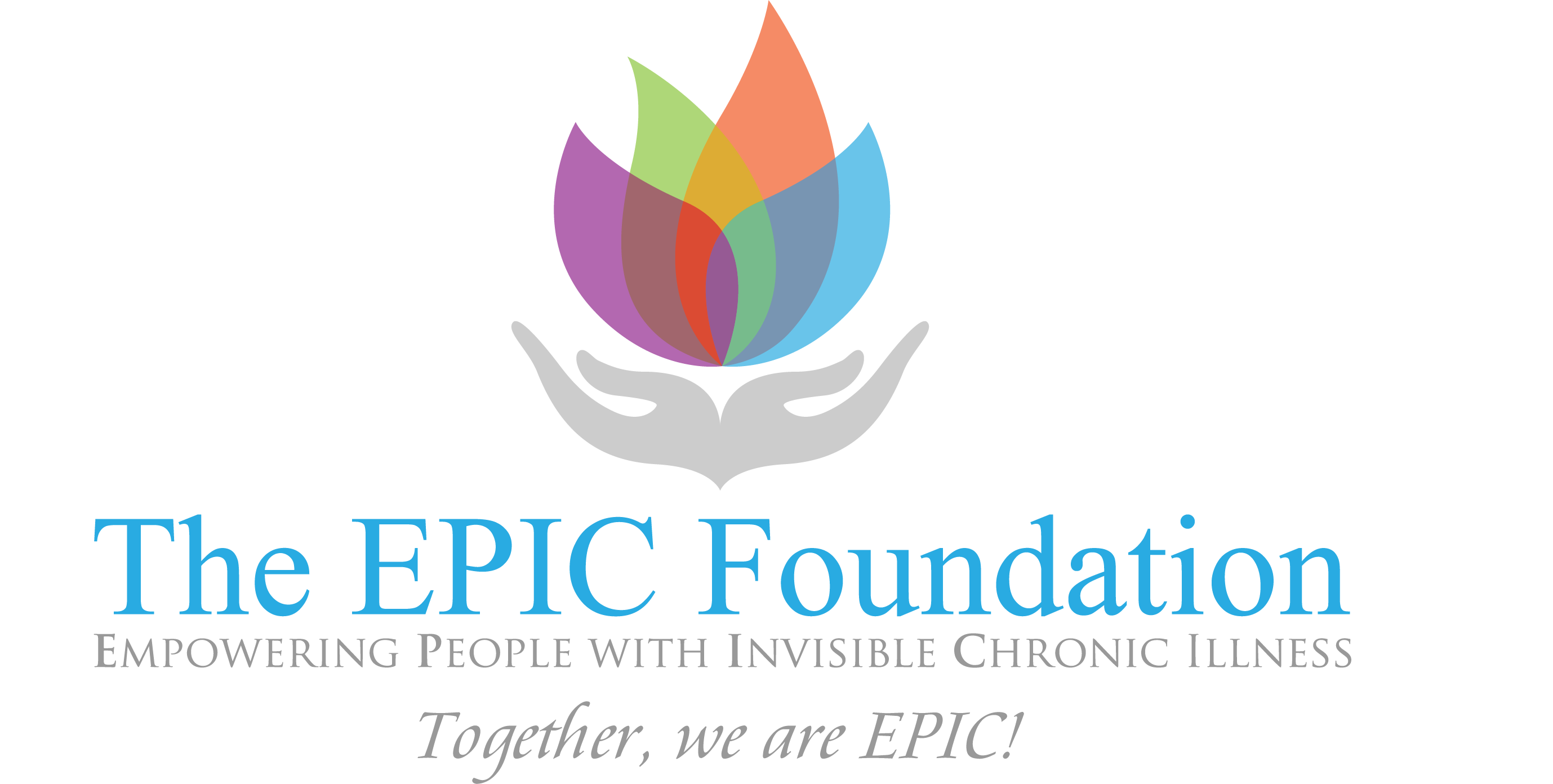Hypopituitaryism & Panhypopituitaryism
Amber Patterson, MS.Ed.

Hypopituitaryism, as it occurs naturally, is a rare disorder that can disrupt one or more important hormonal processes within the endocrine system. Non-natural causes (head injuries, brain surgery, severe loss of blood during childbirth, etc.) and natural causes (stroke, tuberculosis, meningitis) can rarely lead to the disorder, but it is a great deal more common in the Cushing’s Disease community as it can be caused both by pituitary tumors and as a side effect of surgery on the pituitary gland (a popular treatment option for the disease).
Panhypopituitaryism is a specific type of hypopituitaryism in which all of the pituitary hormones are stunted.
General Symptoms of Hypopituitaryism
General symptoms of hypopituitaryism, according to an article published by the Mayo Clinic on 4/23/16 (1), include:
- Fatigue
- Weight loss
- Decreased sex drive
- Sensitivity to cold or difficulty staying warm
- Decreased appetite
- Facial puffiness
- Anemia
- Infertility
- Hot flashes, irregular or no periods, loss of pubic hair, and inability to produce milk for breast-feeding in women
- Decreased facial or body hair in men
- Short stature in children
Affected Hormones
Cortisol
While cortisol is created by the adrenal glands, the adrenals rely on adrenocorticotropic hormone (ACTH) from the pituitary to regulate creation and secretion. Low/no cortisol production sustained over time is also known as hypocortisolism or Addison’s Disease.
Symptoms specific to hypocortisolism/Addison’s Disease
Fatigue, weight loss, muscle loss, changes to skin, sleep irregularities and mood swings are prevalent symptoms. Headaches, vomiting, hypoglycemia and memory problems are sometimes also attributed to this condition by patients.
In cases of extreme stress, patients can sometimes also experience adrenal crisis.
Treatment
Corticosteroids are prescribed to treat hypocortisolism/Addison’s Disease. Oral hydrocortisone (brand name: Cortef), a cousin of the more popularly prescribed prednisone, is the generally agreed upon choice for hypocortisolism patients due to relatively shorter half-life that allows cortisol levels to better match the normal daily cycle. Injectable or intravenous forms of the drug (brand name: Solu-Cortef) are sometimes also utilized, particularly in crisis situations.
Thyroid Hormones
The thyroid gland relies on the hormone thyroid-stimulating hormone (TSH) from the pituitary gland. When low/no TSH is created by the pituitary over a sustained period of time, the condition is known as hypothyroidism.
Symptoms specific to hypothyroidism
Fatigue, intolerance to cold, constipation, and low heart rate are all common symptoms.
Treatment
The oral drug levothyroxine (brand names: Synthoid, Levoxyl, Novothyrox; others) is the generally agreed upon treatment for hypothyroidism.
Growth Hormone
Even though more growth hormone is needed by the body earlier in life, low levels can adversely affect humans of all ages. This condition is known as growth hormone deficiency (GHD).
Symptoms specific to growth hormone deficiency
Decreased muscle mass/low muscle strength, depression/mood swings, low blood sugar, joint pain and impairment of cognitive functions are all prevalent symptoms.
Treatment
Growth hormone is not a life sustaining hormone, but can affect a patient’s quality of life. Injectable synthetic somatropin (brand names: Genotropin, Saizen, Humatrope, Norditropin; others) is the generally agreed upon treatment for GHD.
Antidiuretic Hormone (ADH)
Kidneys rely on ADH to signal them to retain water in the body. A normal body will pass 1-2 quarts of water each day, while patients with ADH deficiencies can pass 3-20 quarts in a single day. ADH deficiencies are also referred to as diabetes insipidus (DI).
Symptoms specific to ADH deficiency/DI
Dehydration, lethargy, increased thirst (often drastically), dry skin, dizziness, psychological disturbances and polyuria (production of large amounts of diluted urine) are all prevalent symptoms.
Treatment
A synthetic hormone known as desmopressin (brand names: Pitressin, Vasostrict; others) is generally used to combat the symptoms of DI. Desmopressin can be prescribed in the following forms: pill for oral ingestion, nasal spray or injection.
Sex Hormones
Luteinizing hormone (LH) and follicle-stimulating hormone (FSH) both are pituitary hormones that affect the ovaries (and estrogen production) in women and the testes (and testosterone production) in men. LH and/or FSH deficiencies can negatively affect menstruation, puberty and fertility.
Symptoms specific to LH & FSH deficiency
Difficulty getting pregnant and irregular/absent periods are both prevalent symptoms in women. Male infertility, low sex drive and low muscle mass are prevalent symptoms for men.
While the hormonal needs of testosterone in women and estrogen in men are much lower, some hypopituitary patients experience symptoms caused by levels that are lower than usual or even non-existent. For both sexes, symptoms include low/no sex drive and fat accumulation about the central abdomen. Additionally, women with low testosterone may also experience fatigue, mood swings, anxiety, difficulty concentrating and hair loss.
Treatment
While the sex hormones are not life-sustaining, synthetic hormone replacements can be prescribed for patients to increase quality of life.
A combination of estrogen/progesterone (brand names: Prempro, Prefest, Activella, Combipatch; others) can be prescribed orally or as a patch. Some patients may take estrogen only (brand names: Cenestin, Estrace, Femring, Evamist, Ogen; others), which comes in many forms including oral pills, patches, gels, injection, skin cream and vaginal ring).
Testosterone replacements are often prescribed in the form of a topical application (brand names: Androgel, Testim, Vogelxo), but can also be administered via injection (brand names: Aveed, Depo-Testosterone, Testro AQ, Testro CIK; others).
References (Accessed on 11/20/2016)
- http://www.mayoclinic.org/diseases-conditions/hypopituitarism/diagnosis-treatment/treatment/txc-20201495
- http://emedicine.medscape.com/article/923789-overview
- http://emedicine.medscape.com/article/122287-overview
- http://www.hormone.org/hormones-and-health/what-do-hormones-do/cortisol
- http://www.nadf.us/downloads/adrenalhormone.pdf
- http://hgfound.org/resources/adult-growth-hormone-deficiency/signs-and-symptoms-of-adult-growth-hormone-deficiency/
- http://www.healthline.com/health/lh-blood-test
- https://www.niddk.nih.gov/health-information/health-topics/kidney-disease/diabetes-insipidus/Pages/facts.aspx
- http://tctmed.com/7-symptoms-of-low-testosterone-in-women/
- http://www.fda.gov/ForConsumers/ByAudience/ForWomen/ucm118627.htm
- http://www.mayoclinic.org/drugs-supplements/testosterone-topical-application-route/description/drg-20073444
- http://www.mayoclinic.org/drugs-supplements/testosterone-intramuscular-route/description/drg-20095183
- http://www.dictionary.com
